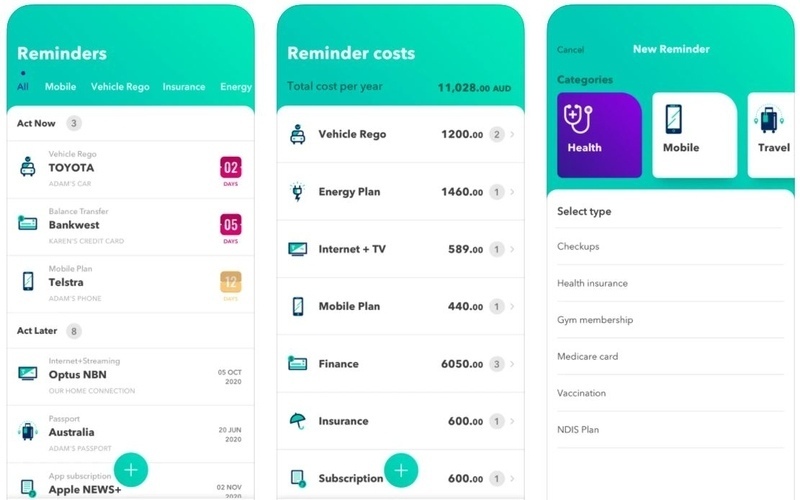The move was announced on March 19 as part of a number of measures introduced in response to the coronavirus, and CommBank (CBA) said it expected the move to affect almost 750,000 of its 1.7 million home loan borrowers.
Customers were notified via an email last week the one-off change would be rolled out from 1-5 May.
Customers who wished to opt-out from the change could do so by changing their direct debit via the CBA app or contacting the bank directly after 6 May.
For customers already paying the minimum, nothing will change.
CBA said in a statement the change was designed to give customers experiencing financial hardship a cash injection.
"Over the past couple of months, and in particular since the coronavirus pandemic was declared, we have been contacted by hundreds of thousands of our customers seeking help and financial relief, particularly from those people who have been stood down by their employers or have lost their jobs," the bank said.
"This has had a significant and substantial effect on their income.
"As a consequence, we have announced several measures to support our customers including moving nearly three-quarters of a million of home loan borrowers to the monthly minimum repayment amount."
CBA said the change would release an average of $400 a month for customers but recognised the move wouldn't please everyone.
"We do understand that this decision does not suit all of our customers and appreciate that we may have caused some of them an inconvenience."
The big four bank said it had received around 2,600 complaints as a result of the move, representing 0.35% of their affected customers.
The move has been labelled controversial by many, as the consequences of not opting out could see the loan take longer to repay.
Should you reduce your home loan repayments to the minimum?
Nothing comes for free and despite the CBA figure of customers getting an extra $400 a month for reducing their payments, it's likely the move will cost more down the track.
For customers experiencing financial hardship, lowering your repayments to the minimum might be a necessity, especially for those struggling to meet the repayments on their home.
But for those not in this boat, keeping your repayment as is will usually be financially beneficial.
You can pay more than the minimum loan repayment and actually pay off your home loan faster, since a greater share of your repayments will be paying off the loan’s principal and less in interest.
You can pay off bigger chunks of your home loan by keeping repayments the same, as this could be much more financially beneficial than saving money to spend on items in the short term, as home loans are one of, if not the single biggest expense you’ll ever have.
In the table below you can see the tens of thousands you could save by resisting the temptation to lower your repayments after a rate cut from 4.00% p.a. to 3.50% p.a.
|
Interest rate |
Monthly repayments |
Total repayment |
Total savings (from 4.00% p.a.) |
Loan length |
|
4.00% p.a. |
$1,910 |
$687,478 |
N/A |
30 years |
|
3.50% p.a. (after two years of paying 4.00% p.a) |
$1802 |
$651,312 |
$36,166 |
30 years |
|
3.50% p.a. (after two years of paying 4.00% p.a) |
$1,910 (minimum repayment of $1802 + extra payment of $108 |
$628,808 |
$58,670 |
27.5 years |
Note: This scenario assumes there’s no more rate changes after the rate falls to 3.50 p.a%
Assuming you kept your repayments in this mock scenario at $1,910 despite the lower interest rate of 3.50% p.a (which kicked in two years into the loan), the rate cut could save you $58,670 over the life of the loan - over $22,500 more than if you’d lowered your repayments to the new minimum of $1,802.
It could also see you pay off your loan two and a half years earlier.

Ready, Set, Buy!
Learn everything you need to know about buying property – from choosing the right property and home loan, to the purchasing process, tips to save money and more!
With bonus Q&A sheet and Crossword!



 Harrison Astbury
Harrison Astbury
 Denise Raward
Denise Raward

 Rachel Horan
Rachel Horan


